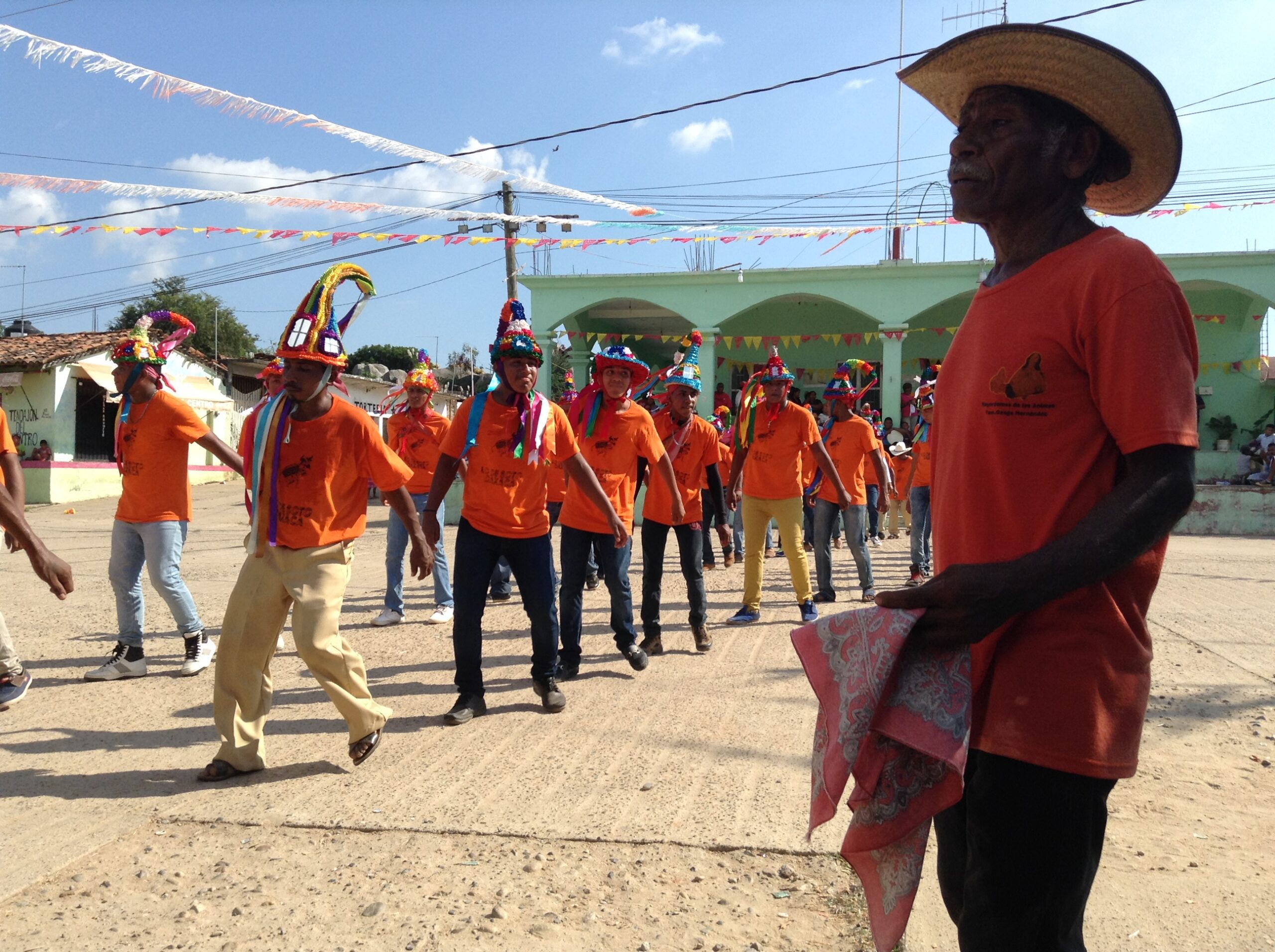Race and Equality aligns itself with the empowerment and inclusion of Afromexican communities in the 2020 Census
The International Institute on Race, Equality and Human Rights (Race and Equality) has undertaken a collaborative project with Afro-Mexican civil society organizations, having the vision of inclusion and active participation […]

The International Institute on Race, Equality and Human Rights (Race and Equality) has undertaken a collaborative project with Afro-Mexican civil society organizations, having the vision of inclusion and active participation of the Afro-descendant people of Mexico in the next 2020 census, and being carried out through support from the Kellogg Foundation.
Strengthening the technical capacities of Afro-Mexican civil society organizations and government institutions to obtain data that more accurately reflects the social and economic reality of Afro-Mexican and Afro-descendant migrants based in Mexico is the challenge that Race and Equality has undertaken to invoke spaces of collaborative empowerment and inclusion in order to build a campaign that motivates the Afro-Mexican population to self-identify in the Population Census to be held next March of 2020.
“Without complete and adequate statistical data, historically marginalized populations, such as Afro-descendants, have limited access to government benefits and public policies aimed at inclusion and economic development,” adds Elvia Duke, Latin America Program Officer for Race and Equality.
According to the 2015 Intercensal Survey conducted by the National Institute of Statistics and Geography – INEGI of Mexico, it was determined that the Afro-Mexican population was 1.4 million, equivalent to 1.2% of the total Mexican population. Currently, Afro-Mexican leaders join in the outcry from Afro-descendant leaders of the region, and emphasize how the lack of self-recognition of the Afro-descendant population in the Census, such as in Household Surveys, is the main obstacle to face, generating gaps in the statistics and uncertainty about the true demographic reality of the population.
With the active participation of Afro-Mexican community organizations from different states and Mexico City, in addition to the support of government agencies of the Mexican State, it is intended to advance this work proposal that seeks to counteract the phenomena of exclusion, poverty, violence and social inequality that is the product of discriminatory and racist logic that has been structurally embedded in the social dynamics woven into the country.
“The proposal really lies in working with civil society organizations so that when the Census is carried out, the Afro-Mexican people understand what they are talking about,” added Duque. She also insisted that only through the construction of pedagogical strategies that promote a message of inclusion and participation in the Afro-Mexican community for their self-identification and empowerment will an effective statistical construction be achieved to identify and characterize the situation of Afro-descendants, and also work on the development of public policies that guarantee a good quality of life.

